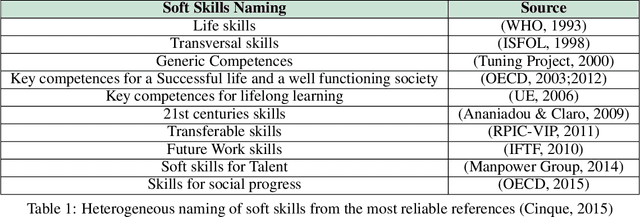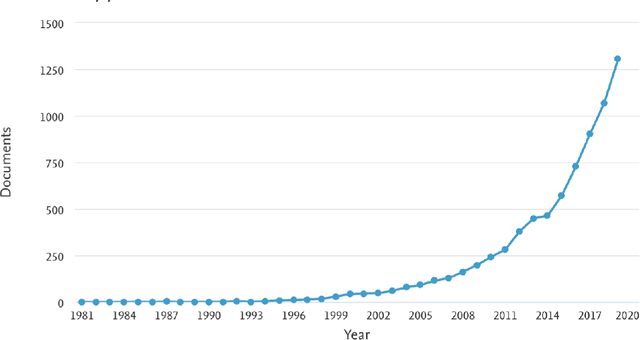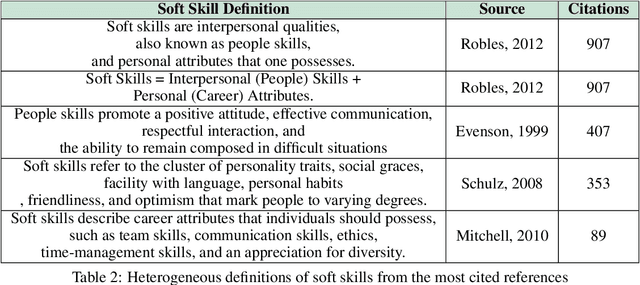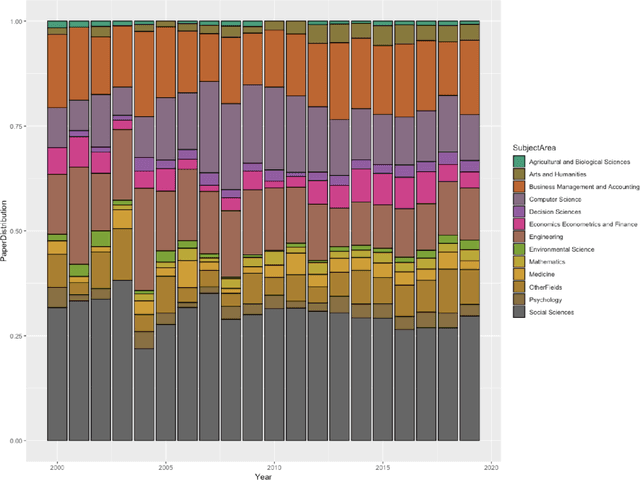Silvia Fareri
The Energy Worker Profiler from Technologies to Skills to Realize Energy Efficiency in Manufacturing
Jan 23, 2023Abstract:In recent years, the manufacturing sector has been responsible for nearly 55 percent of total energy consumption, inducing a major impact on the global ecosystem. Although stricter regulations, restrictions on heavy manufacturing and technological advances are increasing its sustainability, zero-emission and fuel-efficient manufacturing is still considered a utopian target. In parallel,companies that have invested in digital innovation now need to align their internal competencies to maximize their return on investment. Moreover, a primary feature of Industry 4.0 is the digitization of production processes, which offers the opportunity to optimize energy consumption. However, given the speed with which innovation manifests itself, tools capable of measuring the impact that technology is having on digital and green professions and skills are still being designed. In light of the above, in this article we present the Worker Profiler, a software designed to map the skills currently possessed by workers, identifying misalignment with those they should ideally possess to meet the renewed demands that digital innovation and environmental preservation impose. The creation of the Worker Profiler consists of two steps: first, the authors inferred the key technologies and skills for the area of interest, isolating those with markedly increasing patent trends and identifying green and digital enabling skills and occupations. Thus, the software was designed and implemented at the user-interface level. The output of the self-assessment is the definition of the missing digital and green skills and the job roles closest to the starting one in terms of current skills; both the results enable the definition of a customized retraining strategy. The tool has shown evidence of being user-friendly, effective in identifying skills gaps and easily adaptable to other contexts.
SkillNER: Mining and Mapping Soft Skills from any Text
Jan 22, 2021



Abstract:In today's digital world there is an increasing focus on soft skills. The reasons are many, however the main ones can be traced down to the increased complexity of labor market dynamics and the shift towards digitalisation. Digitalisation has also increased the focus on soft skills, since such competencies are hardly acquired by Artificial Intelligence Systems. Despite this growing interest, researchers struggle in accurately defining the soft skill concept and in creating a complete and shared list of soft skills. Therefore, the aim of the present paper is the development of an automated tool capable of extracting soft skills from unstructured texts. Starting from an initial seed list of soft skills, we automatically collect a set of possible textual expressions referring to soft skills, thus creating a Soft Skills list. This has been done by applying Named Entity Recognition (NER) on a corpus of scientific papers developing a novel approach and a software application able to perform the automatic extraction of soft skills from text: the SkillNER. We measured the performance of the tools considering different training models and validated our approach comparing our list of soft skills with the skills labelled as transversal in ESCO (European Skills/Competence Qualification and Occupation). Finally we give a first example of how the SkillNER can be used, identifying the relationships among ESCO job profiles based on soft skills shared, and the relationships among soft skills based on job profiles in common. The final map of soft skills-job profiles may help accademia in achieving and sharing a clearer definition of what soft skills are and fuel future quantitative research on the topic.
 Add to Chrome
Add to Chrome Add to Firefox
Add to Firefox Add to Edge
Add to Edge